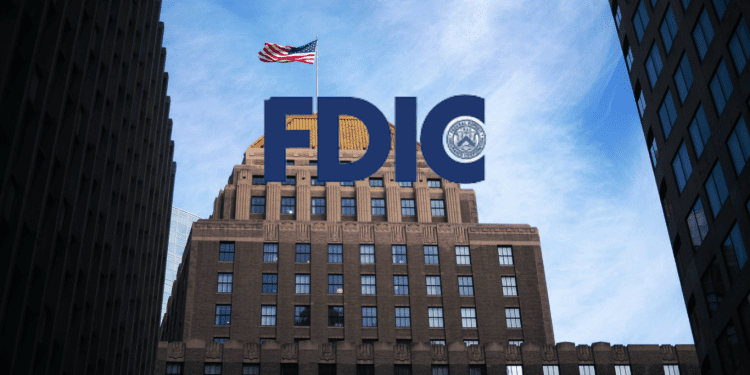The Federal Deposit Insurance Corporation (“FDIC”) issued cease and desist orders to five crypto companies and their officers for allegedly making false statements and representations regarding deposit insurance and cryptocurrencies. These letters demand that the companies and officers take immediate corrective action to address these false and misleading statements. The five companies that received such letters are FTX US, Cryptonews.com, Cryptosec.info, Smartasset.com, and FDICCrypto.com.
The FDIC’s Cease and Desist Letters
According to the FDIC’s press release, the FDIC collected evidence from five crypto companies that each company made similar misrepresentations to the public either through their websites or via social media accounts—claiming that certain crypto products are FDIC-insured.
Further, these companies made or suggested various affiliations with the FDIC or hinted at endorsements by the FDIC. As discussed in detail below, when analyzing the letters issued to each company, one company made a domain name with the FDIC’s initials—implying FDIC approval.
The FDIC made clear that these representations are both false and misleading.
The FDI Act
The FDIC insures deposits and supervises financial institutions. It protects depositors of insured U.S. banks against losing their deposits if the bank fails. The Federal Deposit Insurance Act (“FDI Act”) prohibits any person from representing or from implying to the public that a product is insured by the FDIC when it is, in fact, not insured. It also prohibits any person from knowingly misrepresenting the extent and the manner of FDIC deposit insurance.
Companies are prohibited from using the term “FDIC” in their company’s name, advertising and promotional materials, and other documents.
FDIC insurance aims to protect customers in the unlikely event that the FDIC bank has some failure. The FDIC is authorized to enforce the FDI Act by issuing cease-and-desist orders and assessing civil monetary penalties.
FDIC Fact Sheet on Deposit Insurance and Crypto Companies
The FDIC factsheet on crypto companies tells the public that some crypto companies are representing their customers that their products are eligible for FDIC deposit insurance coverage. This leads customers to believe that their funds are safe. On the contrary, the factsheet notes the following,
[T]he FDIC only insures deposits held in insured banks and savings associations (collectively, “insured banks”) and only in the unlikely event of an insured bank’s failure. The FDIC does not insure assets issued by non-bank entities, such as crypto companies.
Furthermore, FDIC deposit insurance does not apply to stocks, bonds, commodities, and crypto assets nor protects against theft and fraud—losses addressed by other laws.
The Letters
The letter alleges that Cryptosec.info’s website includes a link called “FDIC-Insured Crypto Exchanges,” which claims that certain crypto exchanges are FDIC-insured. The page clearly shows the FDIC’s official seal on the page.
Cryptonews’s website makes several false and misleading statements regarding published reviews of crypto exchanges. Among some of their thoughts is one on Coinbase that mentions that Coinbase is regulated and insured by the FDIC and that eToro U.S. funds customers up to USD 250,000.
The letter makes clear that by using the domain name—fdiccrypto.com—the company is making various false representations, such as the following:
- The FDIC offers the products offered on the website.
- The FDIC endorses the products on the website.
- The products on the website are insured or eligible to be insured by the FDIC.
4. FTX US
President of FTX US Brett Harrison published a tweet where he stated that “direct deposits from employers to FTX US are stored in individually FDIC-insured bank accounts” and that FTX is also identified as an “FDIC-insured” crypto exchange.
SmartAsset published on its website a “List of FDIC-Insured Crypto Exchanges.” The website includes statements and claims that if a user loses their money, the FDIC will reimburse those losses up to the program’s cap because these exchanges are FDIC-insured.
Conclusion
The FDIC’s letters to the five crypto companies note how each company made false or misleading representations that certain products are FDIC-insured. This leads many customers to believe that their funds are safely stored at these crypto companies’ misrepresentations. Additionally, these letters make clear that the companies must develop and implement corrective measures to stop disseminating misleading statements.














